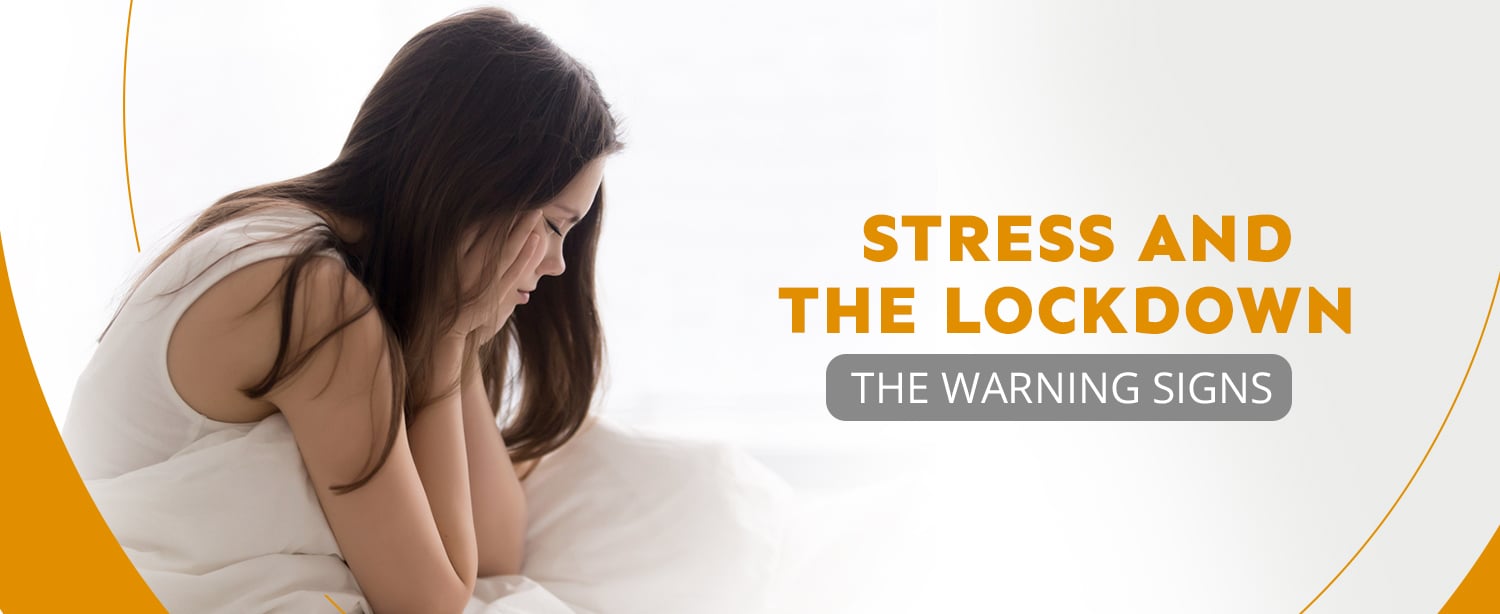There is the ACTUAL CONTAGION, the actual disease of the pandemic itself. And then there is the SYMBOLIC CONTAGION characterized by a blitz of misinformation, uncertainty, doubts, fear and panic, where coping mechanisms become overwhelmed. Where thoughts/emotions/behaviors become uncontrolled and the mindset switches from “Living”to “Survival”.
Faced with sudden social isolation or quarantine, individuals may react with fear and anxiety, which can then give way to depression and despair, or anger and acting out. A person may be faced with the realization that their plans for their immediate future have suddenly to be changed. They may have to be taken to an unfamiliar setting and separated from their families. They could be anxious about their own health, concerned that they could fall ill at any given time. Their anxiety may likely be worsened if they feel they are unable to conduct their routine affairs or to provide for their dependents. Similarly, from the other side of the social isolation barrier, families and loved ones of those who are in quarantine and isolation may also be very concerned both in terms of their health and capability to provide for dependents in the absence of the isolated person(s). This coupled with loneliness,boredom,anger and frustration can be an explosive combination! This may give rise to symptoms of traumatic stress resulting in Adjustment Disorders, Depression, Phobic Disorders, Panic or Generalized Anxiety Disorders, Acute or Posttraumatic stress disorders.
How to recognize early warning signs of an emotional disorder –
- unusual decrease in energy and activity level or listlessness
- unusual restlessness and excessive worrying;
- having trouble relaxing or sleeping;
- severe anxiety or panic attacks
- change in eating patterns;
- easily startled and feeling as-if “on the edge” daily for most of the day;
- constant complaining or blaming others without any reason with increased irritability and anger outbursts;
- crying frequently;
- recurrent unexplained headaches and other bodily pains,
- increased use of alcohol, nicotine or other drugs;
- excessive introversion or rebellious behaviors in children
- some signs of anxiety in children may include bedwetting, thumb sucking, worsening of tics and hyperactivity
Tips to handle stress during period of social distancing:
1. BE REGULAR – Develop a daily routine
2. EAT small, regular, well-balanced meals. Avoid over-eating or fasting for long periods.
3. SLEEP – Get plenty of sleep, at least 8 hours per day
4. AVOID excessive use of nervous system stimulants like caffeine. Strictly avoid nicotine, alcohol and other addictive drugs which can lead to symptoms of withdrawal or unpleasant cravings.
5. WORK – Schedule a regular work pattern for office (if working from home)
6. SCHEDULE HOUSEHOLD TASKS – This can be shared with other family members too, if possible. This can lead to increased family bonding. But then the work needs to be done as fun activity or shared activity, rather than a burdensome task!
7. EXERCISE – Have a daily indoor exercise schedule, e.g. like skipping and on-the-spot jogging, sit-ups and push-ups. Even dance is good form of exercise. Yogic exercises are one of the best forms of indoor exercises. You may involve other family members too in your exercise routines. This too can lead to increased family bonding.
8. UNWIND – Do something fun after your daily tasksare over. Read your favorite book, listen to music or play your favorite indoor game. Practice deep breathing, stretching and relaxation exercises. For those having a tub at home, have a warm relaxing bath with aromatic essential oils.
9. DEVELOP A HOBBY – Learn something new – a language or a musical instrument or even how to type fast and accurately on a computer keyboard using both hands!
10. CONNECT WITH OTHERS – Share something positive or humor (jokes, poetry, funny stories, etc.) with your friends and family. Try to avoid sharing negative views and news. Social and news media are already filled that! If necessary, only occasionally you may share only the confirmed news and facts. Show empathy towards those who may be affected.
11. BE POSITIVE – Repeatedly remind yourself of the important and positive things in your life. Keep a diary of your thoughts. Write three good things that have happened to you during the day before you go to bed. Take this as an opportunity to try and help others. Do as much charity as possible in this hour of need.
12. POSITIVE SELF TALK– Tell yourself, “It is normal for people to experience stress and feel a bit anxious or low in this period of lockdown and social distancing. All have to go through with it. I am not alone. This too shall pass.”
13. SHUN NEGATIVITY – Don’t play the blame game. Don’t entertain the victim’s role in your mind. Take charge of your thoughts and emotions. If unable to do so, seek help from your nearest mental health professional.
14. OBEY THE LAW – Last but not the least, Social distancing means social physical distancing, not emotional distancing. People can remain in touch emotionally by means of telecommunication methods in the form of video calling, conference calling and online social media.
-This blog is written by Dr. Shaunak Ajinkya, Consultant, Psychiatrist at Kokilaben Dhirubhai Ambani Hospital. Read his entire profile at: https://www.kokilabenhospital.com/professionals/shaunakajinkya.html


